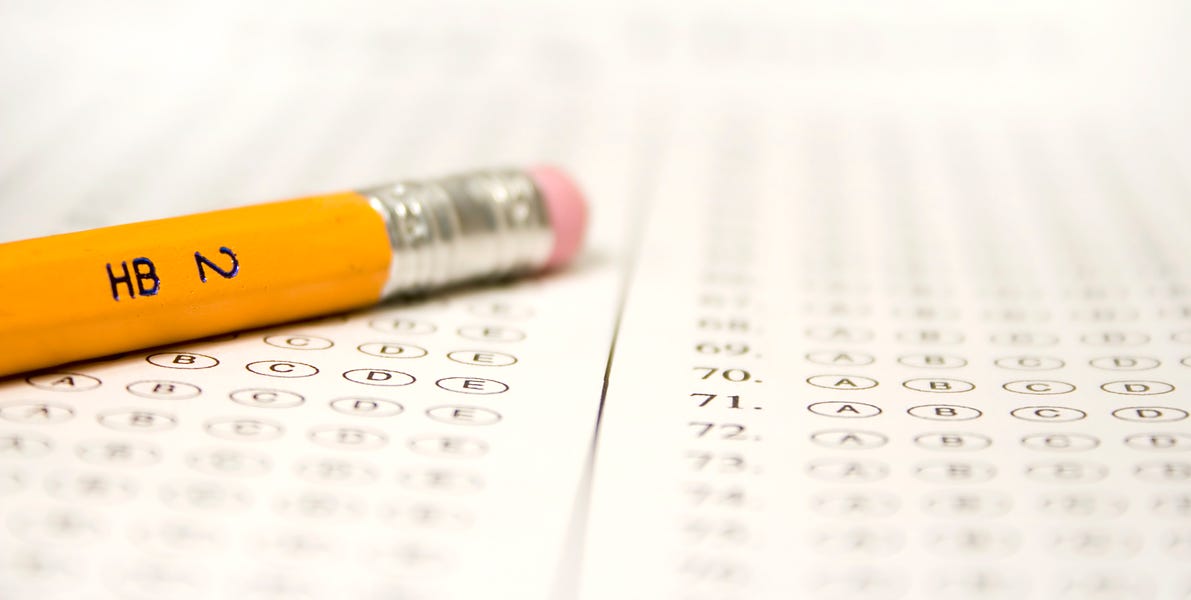That is definitely a different and also important conversation. Personally, I do not think that colleges have ever been intended or structured to prepare students for work or specific jobs. That is simply not the purpose of college from my perspective. I do not think that colleges have done anything to create this situation other than to exist as they always have as institutions of higher, more specialized education. In the role that they were founded and structured to perform: general and specialized academic education, I think that colleges have typically performed quite well.
The problem as I see it is that culturally and societally, we have confused the role of colleges with that of professional training and development.
In all of the universities in which I have worked, a clear distinction has always been made between academic education and professional training. Even within my field, there are fundamentally different schools and degrees that distinguish academic psychologists from professional psychologists. An academic psychologist is not prepared or trained to for the role of a professional psychologist, and a professional psychologist not trained or prepared for the role of an academic psychologist.
Apparently, we have reached a point in a our societal evolution at which we need a new, clearly delineated professional training and development institution that is focused on training job skills, essentially a massive expansion of the trade school and vocational training institutions.

 robkhenderson.substack.com
robkhenderson.substack.com


